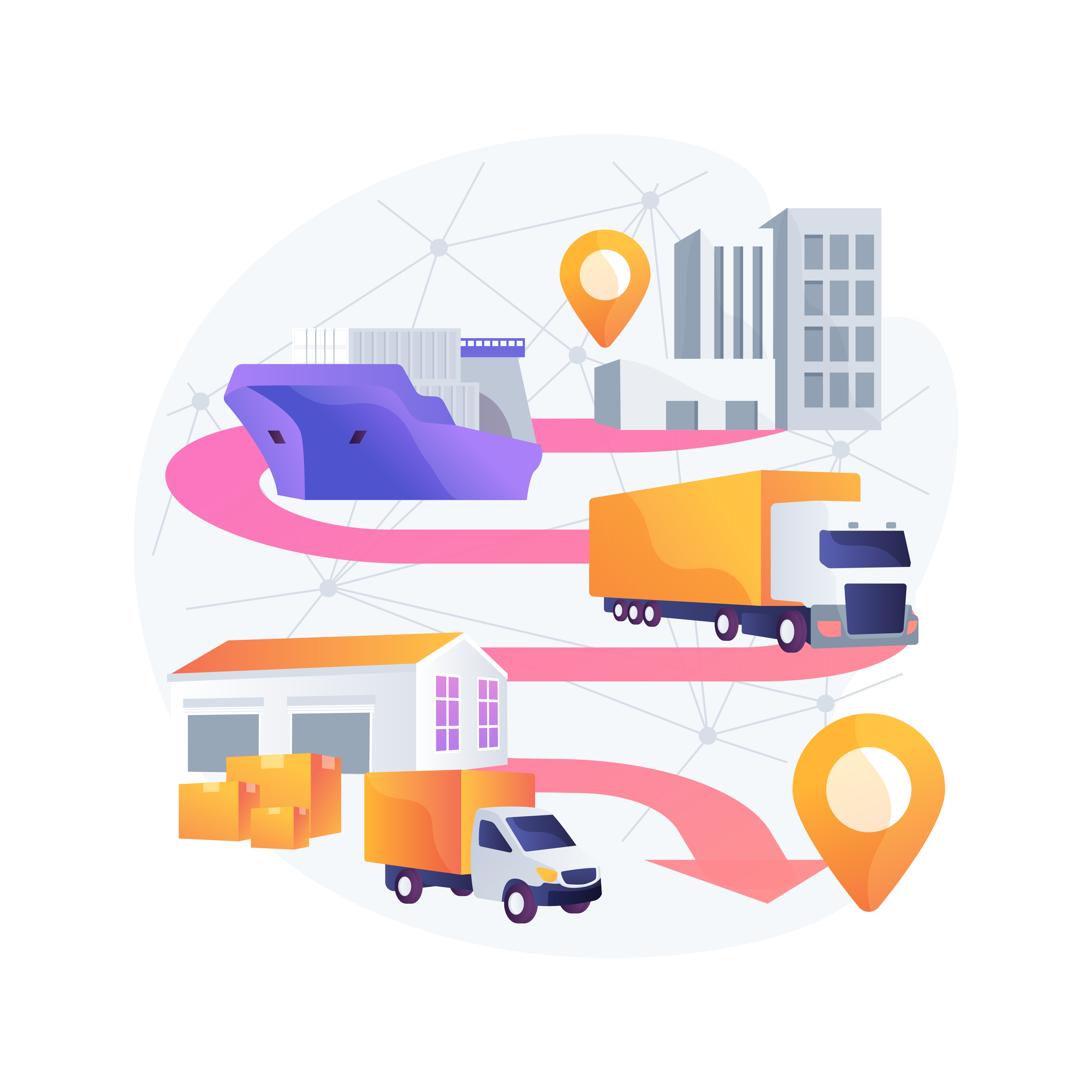Supply Chain Resilience in a Globalized World: The Role of Azure
 Amit Bhagwani
Amit Bhagwani
The intricate web of globalization has woven our world into a complex tapestry of interconnected supply chains. Once lauded as the engine of economic growth, these chains have recently faced unprecedented challenges, exposing their vulnerabilities. From pandemic-induced disruptions to geopolitical tensions and natural disasters, the imperative for supply chain resilience has never been more pronounced.
Understanding Supply Chain Resilience
Supply chain resilience is the capacity of a supply chain network to anticipate, absorb, adapt, and recover from disruptions while maintaining continuity of operations. It's about more than simply bouncing back; it's about thriving in the face of adversity. A resilient supply chain is proactive, anticipating potential threats, and reactive, swiftly responding to unforeseen challenges.
The Complexities of Modern Supply Chains
Global supply chains are characterized by:
Interdependence: A disruption at one point can cascade through the entire network, impacting production, delivery, and ultimately, customer satisfaction.
Complexity: Multiple tiers of suppliers, manufacturers, distributors, and retailers, often spread across different countries and regions, increase the risk of disruptions.
Volatility: Economic fluctuations, geopolitical tensions, and natural disasters create a volatile environment that can destabilize supply chains.
Visibility Challenges: Limited visibility into the supply chain can hinder proactive response to disruptions.
Building Resilience with Azure
Azure offers a comprehensive suite of tools and services to fortify supply chains against disruptions:
Enhanced Visibility:
IoT Edge Devices: Collect real-time data from sensors on equipment, vehicles, and products, providing granular insights into operations.
Azure Digital Twins: Create digital representations of physical assets and processes to simulate and optimize supply chain scenarios.
Supply Chain Blockchain: Establish trust and transparency by tracking the movement of goods and materials across the supply chain.
Predictive Analytics and AI:
Azure Machine Learning: Develop predictive models to forecast demand, identify potential disruptions, and optimize inventory levels.
Azure Cognitive Services: Analyze vast amounts of data to uncover hidden patterns and insights.
Scenario Planning and Simulation:
Azure Synapse Analytics: Process large volumes of data to simulate different supply chain scenarios and assess potential risks.
Azure Power BI: Visualize data to identify trends and patterns, enabling data-driven decision-making.
Supply Chain Optimization:
Azure Optimization: Optimize transportation routes, inventory levels, and production schedules to improve efficiency and reduce costs.
Azure Maps: Provide real-time traffic and location data to optimize delivery routes and improve logistics.
Collaboration and Communication:
Azure Teams: Facilitate collaboration among supply chain partners, enabling efficient communication and information sharing.
Azure Communication Services: Provide unified communication and collaboration tools for global teams.
Leveraging Azure cloud consulting services can provide strategic guidance and technical expertise to help organizations harness the full potential of Azure for supply chain resilience. Consultants can assess specific business needs, design tailored solutions, and implement Azure technologies effectively.
Case Study: A Global Retailer
A leading global retailer implemented an Azure-based supply chain solution to enhance resilience. By leveraging IoT devices and Azure Digital Twins, they gained real-time visibility into inventory levels, transportation, and store operations. Azure Machine Learning helped predict demand fluctuations and optimize inventory placement. When a natural disaster disrupted a key supplier, the retailer was able to quickly identify alternative suppliers and reroute shipments, minimizing stockouts.
Conclusion
Supply chain resilience is no longer a luxury but a necessity for businesses operating in today's globalized and volatile environment. By harnessing the power of Azure, organizations can build agile, adaptive, and resilient supply chains that can withstand disruptions and emerge stronger.
Subscribe to my newsletter
Read articles from Amit Bhagwani directly inside your inbox. Subscribe to the newsletter, and don't miss out.
Written by
